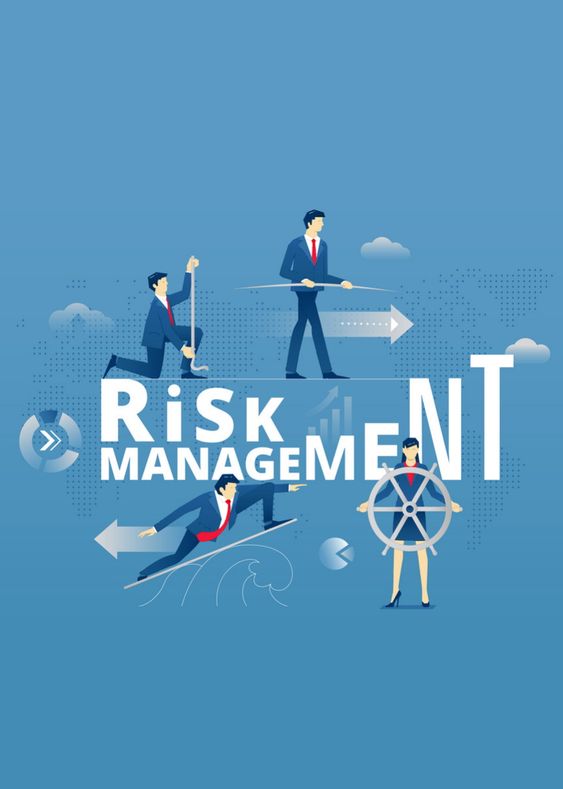In the world of insurance, risk management is crucial to minimize losses and protect assets. Understanding the basics of risk management and its application in insurance is essential for individuals and businesses alike. This article will delve into the various aspects of risk management in insurance, from identifying risks to implementing risk mitigation strategies.
Identifying Risks
The first step in risk management is identifying potential risks. In insurance, this involves evaluating potential losses that could occur due to various scenarios, such as property damage, personal injury, or lawsuits. Insurance professionals use various tools and methods to assess risks and develop comprehensive risk management plans.
Assessing Risks
Once risks have been identified, the next step is assessing their potential impact. A risk assessment considers the likelihood of a loss occurring and the severity of its impact. This information is used to prioritize risks and develop a plan for risk mitigation.
Developing a Risk Management Plan
With risks identified and assessed, the next step is to develop a comprehensive risk management plan. This plan outlines how risks will be managed and mitigated, including the steps that will be taken to prevent losses and minimize their impact.
Implementing Risk Mitigation Strategies
Implementing risk mitigation strategies involves taking proactive steps to prevent potential losses from occurring. This may involve measures such as regular maintenance of property to prevent damage and injury, or implementing safety protocols in the workplace to reduce the risk of accidents.
Monitoring and Evaluating Risk Management Plans
Risk management plans should be regularly monitored and evaluated to ensure their effectiveness. This includes reviewing risk assessments to identify any new risks that may have emerged, as well as evaluating the effectiveness of current risk mitigation strategies.
Adjusting Risk Management Plans
As risks evolve and change, risk management plans must be adjusted accordingly. This may involve revisiting risk assessments and developing new strategies for risk mitigation.
Finding the Right Insurance Coverage
Finding the right insurance coverage is an important part of risk management. Insurance policies can help protect individuals and businesses from losses that may occur as a result of unforeseen events or accidents. Working with an experienced insurance professional is crucial in order to ensure that the right coverage is obtained.
You might find these FREE courses useful
- Program Risk Management in ClickUp
- Risk Management in Personal Finance
- Investment Risk Management
- Market Risk Management: Frameworks & Strategies
- Credit Risk Management: Frameworks and Strategies
- FinTech Risk Management
- Implementing a Risk Management Framework
- Risk Management Specialization
Insurance Claims Management
In the event that a loss does occur, effective claims management is essential to mitigate its impact. A comprehensive claims management plan can help ensure that claims are handled quickly and efficiently, reducing the potential for further losses.
Final Thoughts
Understanding the basics of risk management in insurance is essential for anyone looking to protect their assets from potential losses. By identifying risks, assessing their potential impact, developing a comprehensive risk management plan, implementing risk mitigation strategies, monitoring and evaluating risk management plans, adjusting them as needed, finding the right insurance coverage, and managing claims effectively, individuals and businesses can minimize the impact of potential losses and protect their assets for the future.
